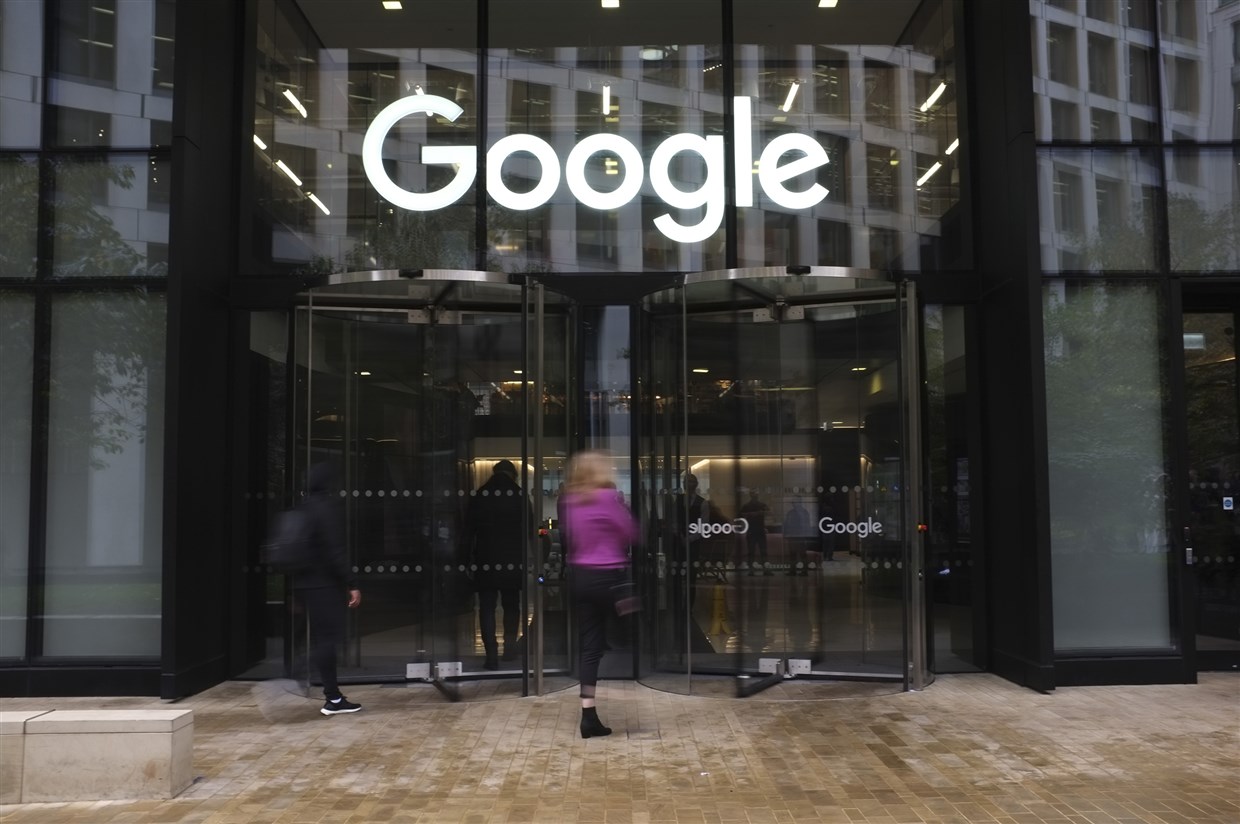Google bans website ZeroHedge from its ad platform over comments on protest articles

A Google spokesperson said in an email that it took action after determining the website violated its policies on content related to race.
Google has banned ZeroHedge, a far-right website that often traffics in conspiracy theories, from its advertising platform over policy violations found in the comments section of stories about recent Black Lives Matter protests.
Google also issued a warning on Tuesday to The Federalist over comments on articles related to recent protests.
Federalist over comments on articles related to recent protests.
A Google spokesperson said in an email on Monday that it demonetized the websites after determining they violated its policies on content related to race.
“We have strict publisher policies that govern the content ads can run on and explicitly prohibit derogatory content that promotes hatred, intolerance, violence or discrimination based on race from monetizing,” the spokesperson wrote. “When a page or site violates our policies, we take action. In this case, we’ve removed both sites’ ability to monetize with Google.”
After publication of this story, Google backtracked Tuesday, clarifying that The Federalist had been warned about policy violations but still had time to address them. It now has three days to remove the violations before a ban goes into effect.
On Wednesday morning, Google said The Federalist had removed the comments that violated its policies and that it would take no further action.
Google notified ZeroHedge of the policy violations last week and banned the website from its ad platform.
Google’s ban comes after the company was notified of research from the Center for Countering Digital Hate, a British nonprofit that combats online hate and misinformation. They found that 10 U.S-based websites have published what they say are racist articles about the protests, and projected that the websites would make millions of dollars through Google Ads.
ZeroHedge had already been demonetized prior to NBC News’ inquiry, Google said. ZeroHedge and The Federalist did not respond to requests for comment.
Imran Ahmed, CEO of the Center for Countering Digital Hate, said it found advertisements for many companies that had otherwise made public statements supporting Black Lives Matter and the recent protests running on the websites.
“We found that lots of those companies are inadvertently funding through their advertising content that is outright racist in defense of white supremacism and contains conspiracy theories about George Floyd and the Black Lives Matter movement,” he said.
Google has banned various websites from its advertising platform in recent years, mostly targeting fake news operations.
ZeroHedge and The Federalist have become well known in recent years for publishing far-right articles on a variety of subjects. On the recent protests, ZeroHedge published an article claiming that protests were fake, while The Federalist published an article claiming the media had been lying about looting and violence during the protests, which were both included in the research sent to Google.
As the Black Lives Matter protests unfolded over recent weeks, hundreds of corporations eagerly lent their support. This includes Google, which said it has donated “$12 million in funding to organizations working to address racial inequities.”
There are other similar websites that continue to generate revenue through Google, causing continued concern for civil rights advocates. In its research, the Center for Countering Digital Hate pointed to examples of articles on other far-right websites such that carried advertisements by well-known brands while disseminating false narratives about the protest movement.
The issue also poses significant risks for brand security.
Caroline McCarthy, vice president of communications and content at TrueX, a digital advertising company, said companies need to hold Google and other digital advertising companies responsible for where their ads run.
“The reality is that they [brands] have to start by asking questions,” McCarthy said “They have to say, what is my brand content going to be running against? And if the other person on the other side of the conversation can’t give them a straight answer, then that’s a problem.”
“The pressure on the tech companies is only going to come from dollars actually, literally getting pulled,” she said.




